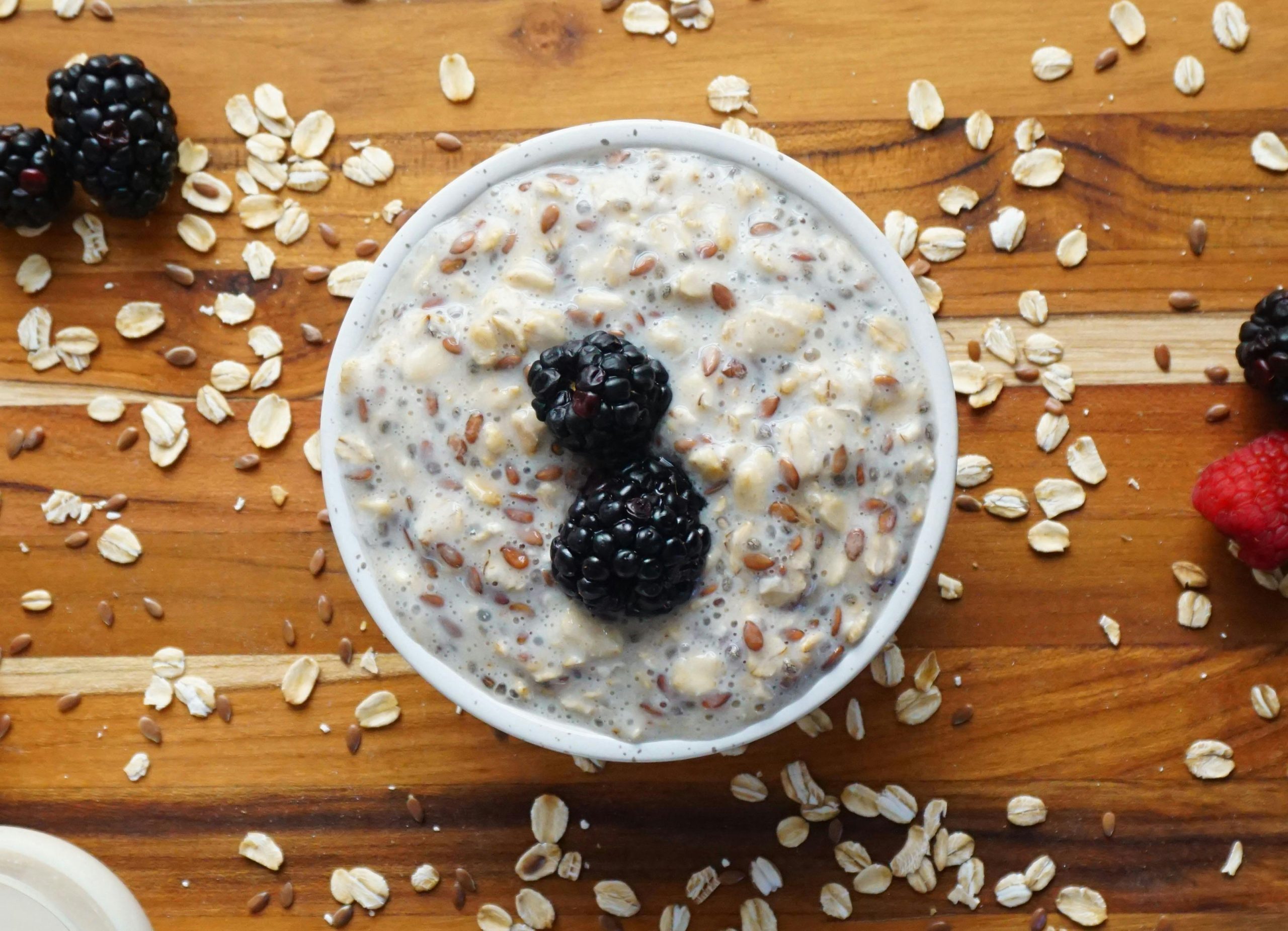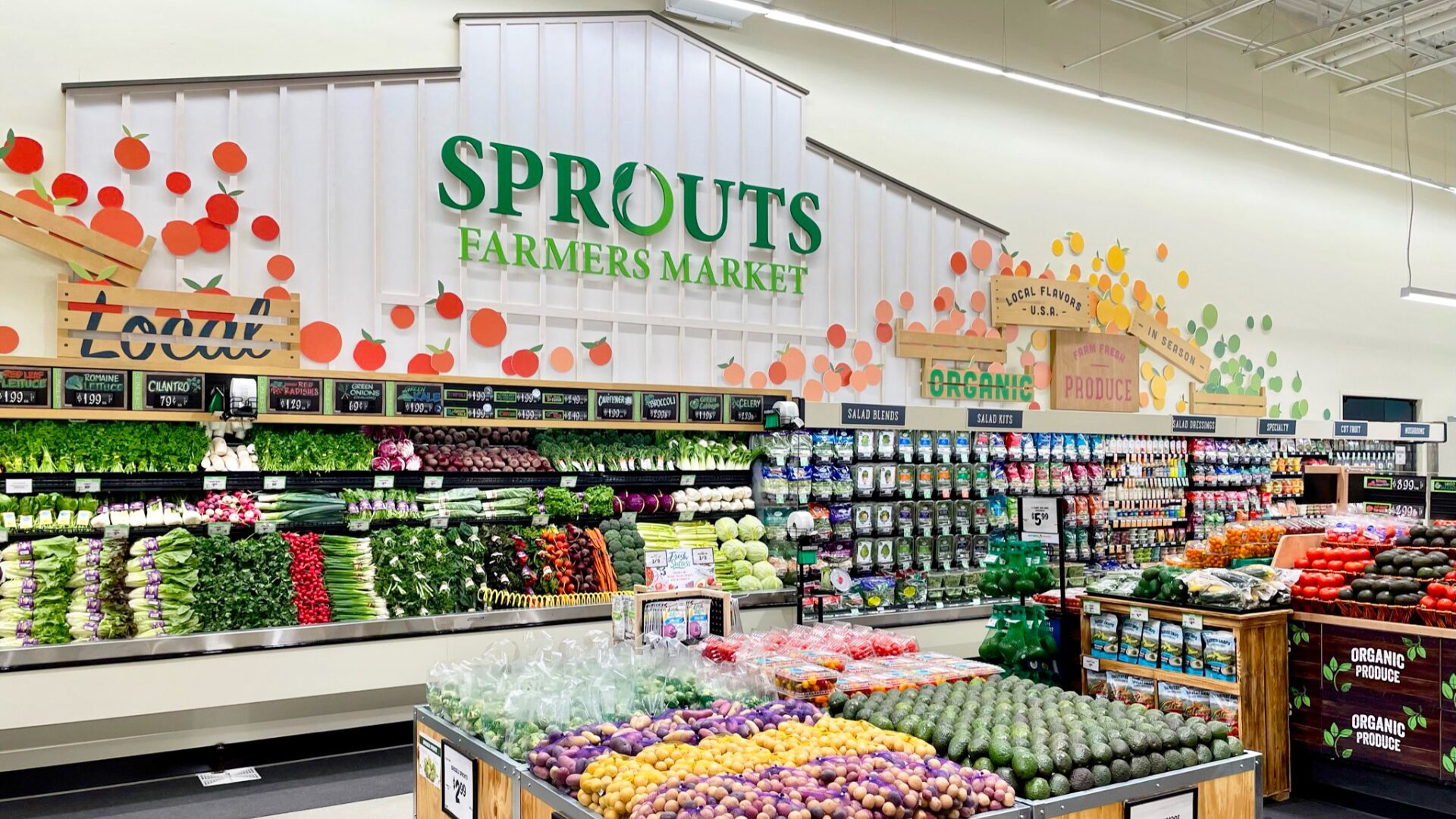If you walk into any cafe or ice cream shop today, you’ll most likely see a few dairy alternative products: almond milk smoothies, soy milk shakes, and oat milk creamers just to name a few. Plant based products have been gaining the attention of consumers, retailers, and manufacturers of late.
The dairy alternative market is expected to grow at a compound annual growth rate (CAGR) of 11.2% from 2020-27 to reach $44.89 billion by 2027, according to a report by Meticulous Research. Seeing this exponential growth, investors are flocking to enter this space. Swedish oat milk brand Oatly certainly opened eyes Thursday, when its IPO led to a total valuation of $10 billion.
Within the dairy industry, cheese is one of the most popular products and accounts for about 43% of dairy products produced in the US, according to IBIS world. Meanwhile, the global plant-based cheese market that was valued at approximately $1.01 billion in 2019 is anticipated to grow at a rate of more than 12.8 % over the forecast period 2020-2027, noted Wise Guy Reports.
FACTORS IMPACTING PLANT-BASED DAIRY
The observed growth of the alternative dairy market can be attributed to several factors, including the increased instances of lactose intolerance, environmental concerns over dairy, and more health-conscious consumers.
Healthline reported that lactose intolerance affects 5–17% of Europeans, 60–80% of Africans and Asians, and around 44% of North Americans. Consumer awareness of climate change has also caused people to switch to more environmentally friendly plant-based drinks that use less water and land compared to cattle farming. In fact, UN’s Food and Agriculture organization found that livestock produce 14.5 percent of greenhouse gas emissions globally. Environmental activists, like Greta Thunberg, have urged consumers to decrease consumption of animal products which, in turn, has only helped accelerate the growth of the plant-based dairy market.
Additionally, the COVID-19 pandemic has highlighted the importance of health. Plant-based dairy products have less saturated fat and cholesterol (both contributors to chronic diseases), so it has gained traction in an era when consumers are increasingly health-conscious.
NOT JUST A FAD
Rick Gomez, the executive vice president of Target, recently stated that “guest demand for plant-based offerings is incredibly high and continues to grow,” according to a report by Supermarket News (May 11).
In response, many major US grocery retailers have been investing in this plant-based trend– for example, just last week, Target launched a new line of more than 30 plant-based products in its Good & Gather brand.
Major dairy companies, such as Danone and Lactilis, have also caught on to this trend and debuted plant-based milks and other vegan “dairy” products. With the increasing popularity of plant-based products and shifting market trends, it’s clear that plant-based dairy is here to stay for the foreseeable future.











